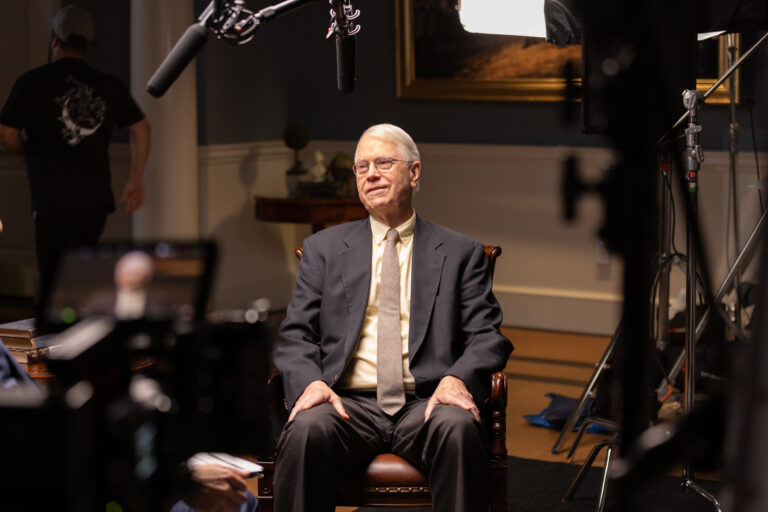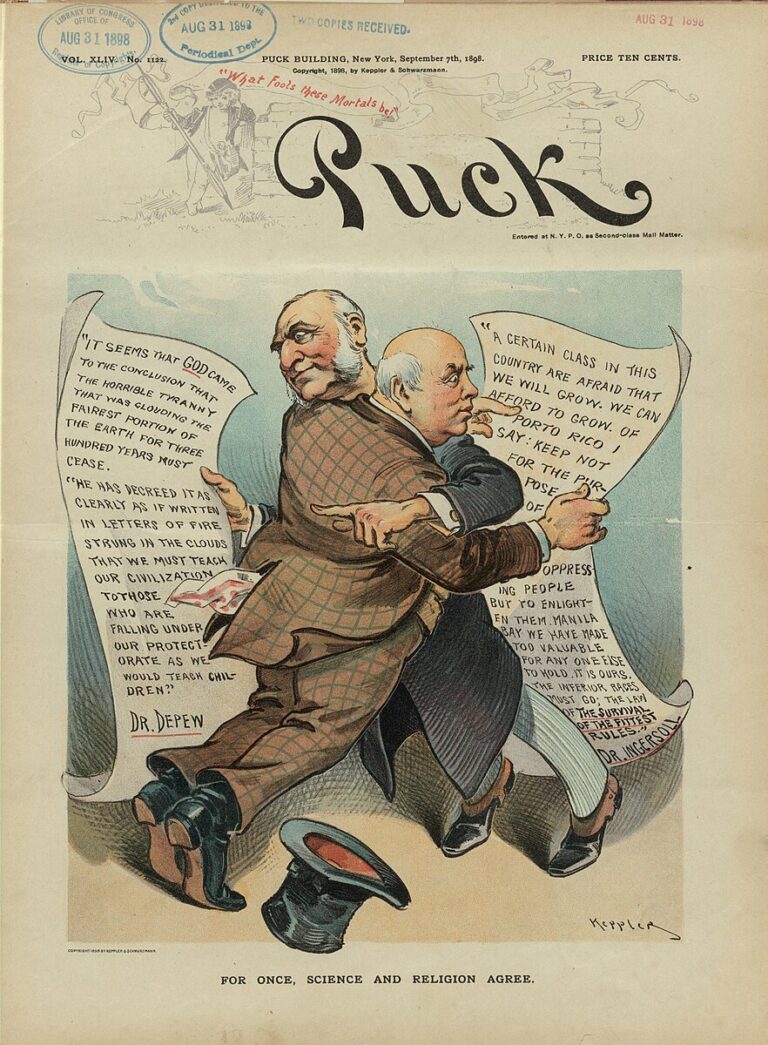The Problem with Progressivism
In Federalist 51, James Madison writes, “If angels were to govern men, neither external nor internal controls of government would be necessary.” As Madison implies, the Founders built external and internal controls on government into the Constitution—popular elections, separation of powers, checks and balances—because men, unlike angels, cannot be trusted with unchecked power.
The Progressives of the late eighteenth and early nineteenth centuries disagreed. They thought the modern industrial world suffered from an array of economic and social ills that the Founders never envisioned. And the unelected, scientific, and altruistic bureaucrat––armed with legislative, executive, and judicial powers––represented the solution.
Ever since the establishment of the Interstate Commerce Commission in 1887, the American republic––defined by the Founders as a form of government in which the people’s elected representatives alone make the laws––has gradually transformed into an administrative state. Sadly, the external and internal controls over government that Madison championed in Federalist 51 have mostly vanished. This is the Progressives’ legacy.
In “Introduction to the Constitution,” Dr. Arnn does not criticize progressives for their sincere desire to reform industrial society. Progressives were right to object to dangerous working conditions in the factory, the overcrowding of tenement houses, the unsanitary streets of the big cities, and so forth.
Rather, the problem with progressivism, according to Dr. Arnn, centers on their faulty view of human nature. Unlike the Founders, Progressives believed that some––namely, unelected bureaucrats––could govern others like angels. Here’s a short clip from the course where he makes the argument:







